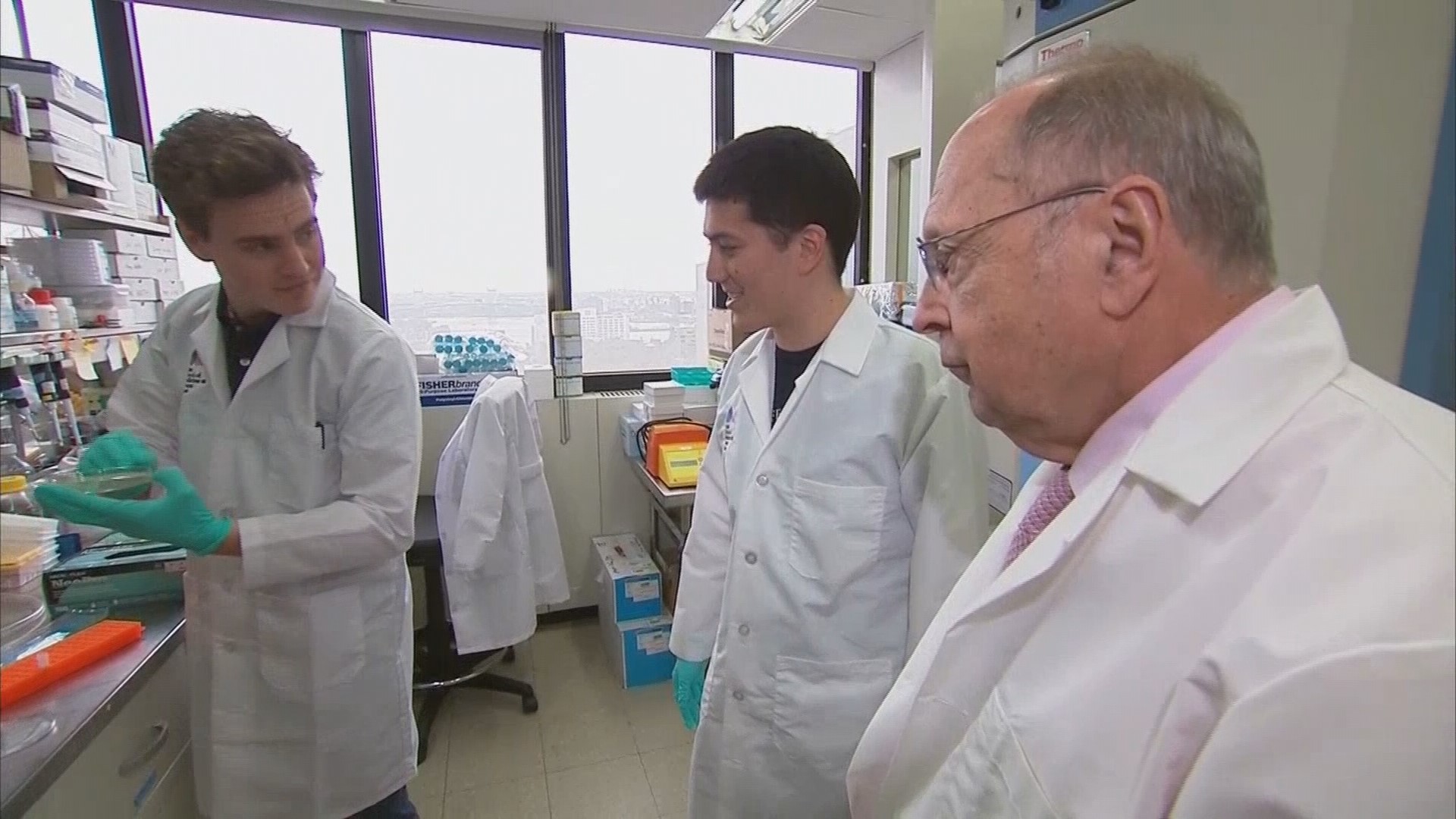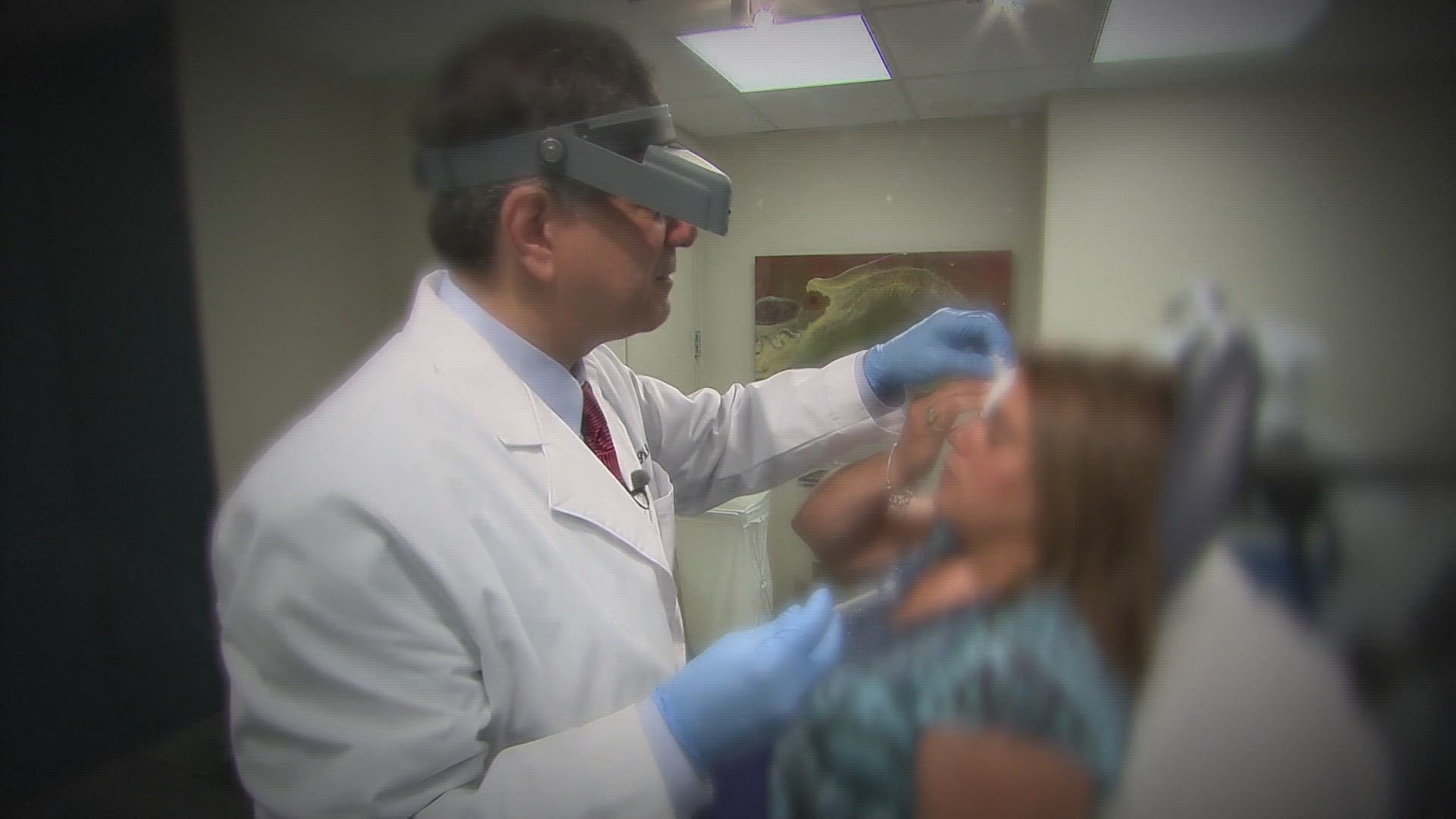Every year the flu has an adverse impact on society, causing illness to millions, hospitalizing hundreds of thousands and leading to tens of thousands of deaths in the United States.
All this, despite the availability of a flu vaccine.
"Of all the vaccines that we've developed over the years, influenza vaccine can use a lot of improvement," says Dr. Anthony Fauci, the director of the National Institute of Allergy and Infectious Diseases (NIAID).
Vaccines for other diseases, like yellow fever, measles, and polio, are all more than 95 percent effective at preventing infection.
The flu vaccine? Since 2005, it's about 40 percent on average, but its effectiveness varies widely season to season with initial estimates of this year's flu shot at about 36 percent.
That's because the part of the flu virus targeted by the seasonal vaccine changes each year.
So, efforts are underway to develop a so-called universal flu vaccine, one that would work no matter what strain of flu is circulating and be durable for multiple seasons.
Dr. Peter Palese's group at Mt Sinai's ICAHN School of Medicine is among those working on such a vaccine. Those in the field refer to it as influenza's holy grail.
"A universal influenza virus vaccine is one which would last a lifetime hopefully, but at least we hope it works for 20 years or even longer," says Dr. Palese.
Only recently have discoveries about the flu virus and new technologies enabled the work on a universal flu vaccine to accelerate.
"We only realized about 10 or more years ago that there was a part of the virus that doesn't change from season to season. Once we recognized that, the real problem and the stumbling block is how do you get the body to preferentially make a response against that molecule?" explains Dr. Fauci.
Palese's team, funded in part by the National Institutes of Health, has one approach.
"We are building a virus in the laboratory, a new one which isn't out there, and then we make from that a vaccine," says Dr. Palese.
The new virus is designed to stimulate an immune response that will protect from the flu from season to season.
The experimental vaccine is now being tested in the earliest phases of human clinical trials, funded by GlaxoSmithKline and the Gates Foundation.
Work on a universal flu vaccine is also underway at Johnson & Johnson and Sanofi Pasteur, as well as smaller private companies.
Initial results from Dr. Palese's trials are expected within a year. Then more testing will be needed before it can reach the market.
"We're talking about years, but we are not talking about decades," says Dr. Palese.
Until then, public health officials still recommend the seasonal flu shot.


